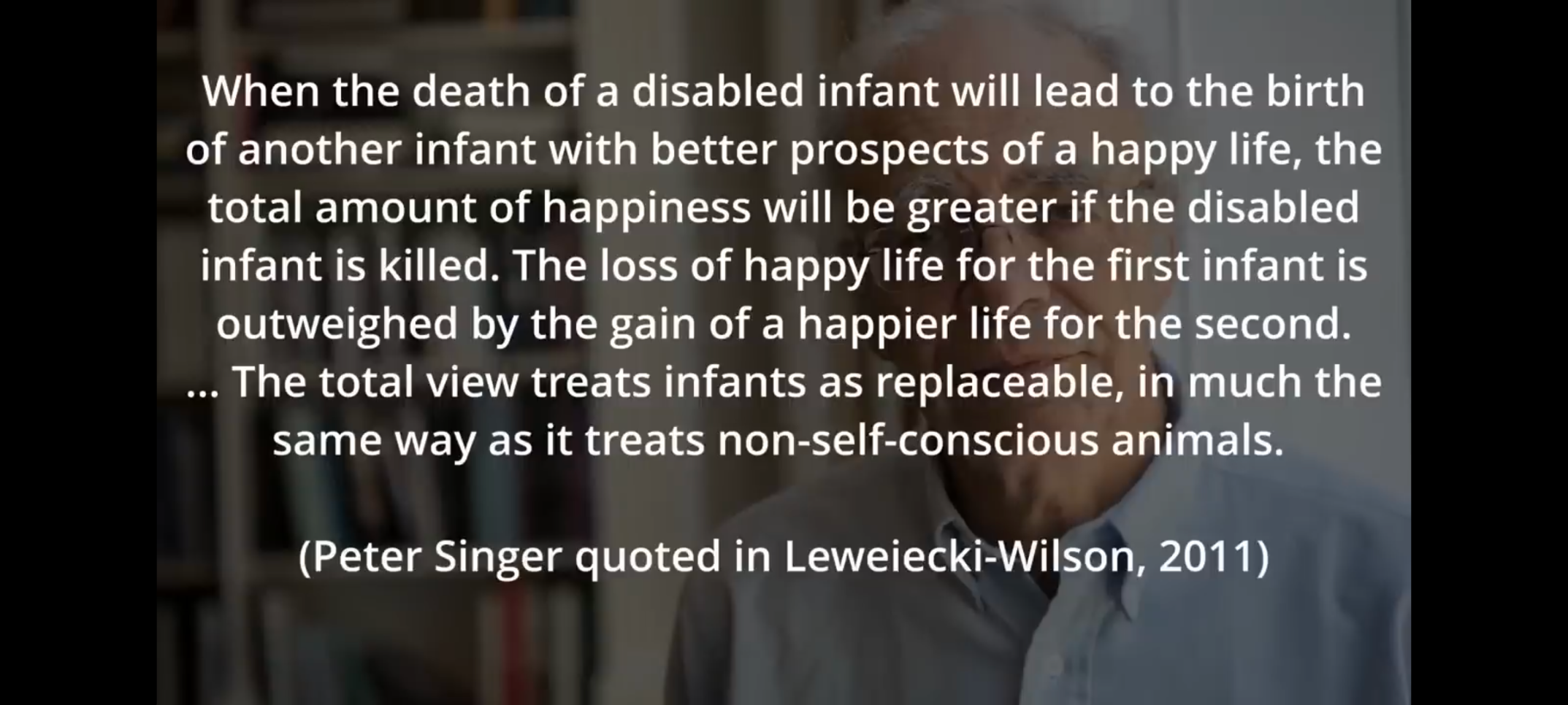I remember after Roe v. Wade got repealed there was a lot of discussion about polls that broke down where people were on the subject, and there was a point where it really wasn’t overall very controversial. Like, the first few weeks (10-12 I think was where the survey found the most support) and in the event of incest, rape, health of the mother, and if it’s discovered the baby has a major defect that will cause immediate death outside the womb or major lifetime disability, and if you had that, then something like 85% of people would be ok with that.
You have a small minority who are fully against it under any circumstances, and a small minority who want 9 month abortions or even post birth abortions and they’re both unreasonable.
Problem is USP. Unique selling proposition, a core idea in advertising from albert lasker the father of modern advertising, says you need to find something unique to sell. That’s where wedge issues come from. Instead of finding a compromise everyone is happy with and working off a record of representing your constituents, you find stuff to differ on that you think will attract more people to your product than not.
It’s a big part of the problem of elections being decided so much by advertising. I’m not anti-advertising, it’s an important tool that can help bring people to products and services. Despite that, It needs to stay in it’s lane and I think a bad part of our civilization that it’s seeped so deeply into other aspects of our culture. Everyone is trying to be a microcelebrity with a personal brand, and politicians are no different, but when the product is responsible governance we don’t need slick advertising, we need deep wisdom.
In keeping with my point, I do need to mention that both the idea and the rebranding represent a tiny minority, and you can always find someone willing to adopt any wacky idea, so...
There are historical precedents (which aren't useful to the current situation but are interesting nonetheless) -- in feudal Japan, a practice called mabiki occurred where Japanese people considered children to be ethereal beings with one foot in the spirit world and one in the physical world, and as they get older their link to the tangible world grows, so at birth the parents would make a decision as to whether to keep the baby because a family and a community might not be able to support another young mouth, and apparently that's not unusual across a number of cultures. The practice was outlawed during the Meiji restoration's westernization, so it wasn't that long ago that the practice occurred to tens of thousands of newborns every year.
There's also precedent for taking a captured prisoner of war to a stone temple and tearing out their still beating heart while they still live in order to make sure the sun keeps rising so appeals to antiquity aren't always so convincing, but it's still interesting as a historical fact.
I did a paper back in 2009 where I calculated the energy required to move just a few industries to green energy or nuclear, and just managing 3 industries without any of the surrounding required industries would require all the electricity production on earth produced using green or nuclear. My conclusion was that there needs to be way fewer people if we intend to use green energy to sustain our quality of life because there just isn't enough capability to produce energy without the fossil fuels subsidy for 9 billion people. We need fewer people to maintain this quality of life without quickly using up the fossil fuel energy subsidy we'll never get back.
On the other hand, we're facing cataclysmic population declines in the west and much of Asia because many forces are preventing people from having kids and that has many capacities to make things worse because of several dynamic systems in play.
If we let the major civilizations just collapse in population, populations that don't collapse will eventually be capable of just coming over and falling on top of the dying civilizations, resulting in population growth (just not of the civilizations that cared about overpopulation)
If we just import people from high growth areas to low growth areas then that's basically the same as not limiting growth, you still need to service all these people and in the process high growth civilizations could become the new dominant culture in the area this ending any drive to depopulate.
A fully unmanaged population collapse would result in entire generations without kids and so without anyone to care for them, whether in terms of their own kids caring for them, or in terms of people to be paid to care for them, and there may not be the economic output to do so anyway.
A fully unmanaged population collapse would also be a skills collapse. We're seeing that now with the boomers retiring and few people trained to replace them.
Entire family lines will fully disappear. The consequences I think will be felt in a couple decades as people start to realize their names will die with them. Mass social instability as that realization spreads through the culture.
So with all that, what's coming is equally as bad in the short term and may just result in new people who don't care about any of this becoming dominant, so as with many ultimately good things it must be implemented with care and wisdom, accounting for all the different factors that will be problems along the way.
https://jme.bmj.com/content/39/5/261
- replies
- 0
- announces
- 0
- likes
- 1
